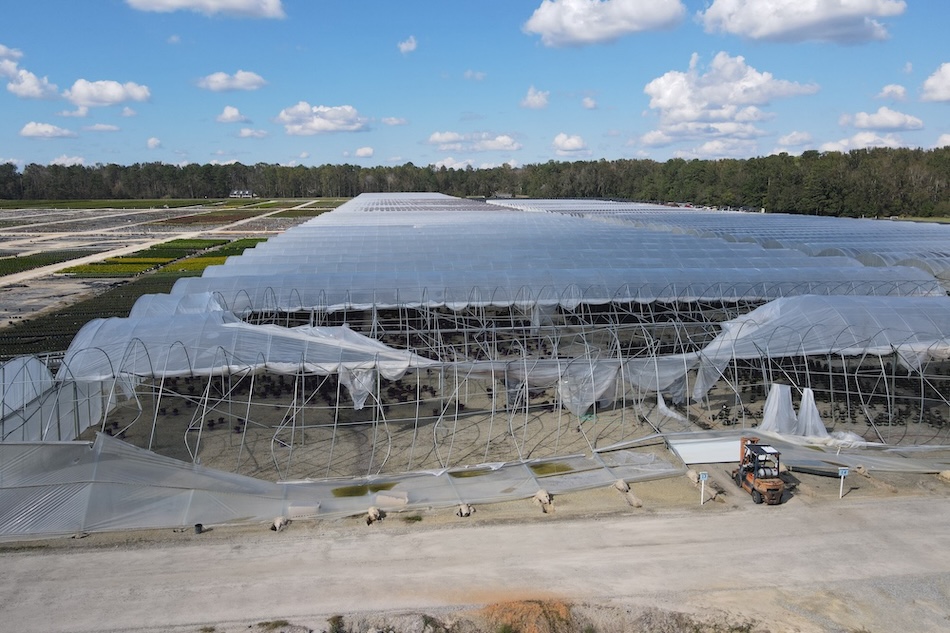.jpg) CAES News
CAES News
Society’s Role in Agricultural and Environmental Sciences
Agriculture exists to serve the citizens in an economic and educational capacity while providing the sustainable food and fiber resources for their well-being. Research from CAES delves into the role the general public plays in impacting agriculture and how the public uses this research by examining the following areas:
- Agricultural and Environmental Learning
- Economics
- Agricultural/Rural Technology
- Public Perception
- Communicating AES
- Personal Health
- Sustainable Food Systems
- Agricultural Policy
- Community Leadership Development
- Institutional Evaluation
- Agricultural/Rural Social Structure
What's Next in Animal Agriculture?
Researchers identify critical animal and food industry issues to inform and effect change
By 2050, the animal and food industry will need to be able to feed a world with a projected population increase of 2.1 billion. With the help of industry and academic experts, University of Georgia researchers identified the most pressing issues for the animal and food industry to address a growing population.
Engineering for tomorrow
UGA leads the way in precision agriculture
The University of Georgia invests in integrated precision agriculture to transform Georgia into the “technology capital of the East Coast.” CAES is fostering collaboration between innovative disciplines at UGA, bringing together plant scientists, animal health experts, engineers and computer scientists to discover integrative solutions that increase production levels and promote environmental health.
Integrative precision agriculture (IPA) harnesses the power of technology and big data to sustainably provide for our planet’s growing population.


